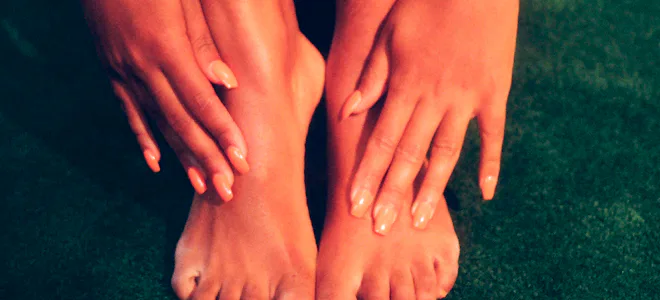What you need to set up a podiatry practice
Table of Contents
Setting up your own practice can be the most rewarding way to use your own podiatry - or chiropody - qualification. Your own practice will mean all the responsibilities and challenges of running a business, but it could also mean a turnover of £250,000 if you build your practice into a clinic with junior practitioners.
And - as long as you get some expert help with your finances - setting up can be easier than you might think. You may not need sophisticated equipment or a large consulting room, and you may be able to operate from a room in your home. You’ll probably already have all the key items, such as your knives and hand tools. But you will need a businesslike approach if you are to succeed. You may need a website and marketing. You’ll certainly need to deal with overheads, from your electricity bill to local business rates. Plus, you’ll need to find a way to keep the lights on while you build up a patient list.
This will mean investment, and your bank will probably not be able to help. These days, traditional lenders are only interested in established businesses with years of audited accounts. Even the new breed of online business lenders usually want evidence of a year’s trading, with online accounts and VAT returns.
How much will you need?
The surprising fact is, if you have no other source of income, by the time you have invested in marketing and set up waiting and treatment rooms, you may need to capitalise your business with £50,000 worth of investment in the first year alone.
The answer can be to call on us at Rangewell. We can show you all the options for Start-up Funding, and we have a 5-step plan to help you to secure the finance you need. We can help you find the most appropriate funding options to help you find the solutions to all the challenges you are likely to face.
Set up - or buy in?
Setting up might seem to be the simple way to start your business, but remember, it could take years to build up the patient numbers and the level of business you need to be profitable.
Buying an existing practice, perhaps from a practitioner who is retiring, could provide a shortcut. It could mean an established patient list, goodwill and turnover. Or, to put it another way, it means having a practice that you know will start bringing in patients and money from the moment you open.
Having established accounts will also make it easier for a lender to put a value on the business as a basis for their lending decision. The size and value of the patient base, any premises and equipment that come with it and the value of any NHS contracts need to be taken into consideration.
The solutions you need
Unsecured business loans are a straightforward way of borrowing, and operate much like a personal loan, repaid in monthly or quarterly instalments over an agreed term up to 5 years. Decisions can be fast but you will need to provide a personal guarantee. This would mean that you will become personally liable for the debt if your business was unable to pay.
A loan secured on property, such as your home, could give you even longer to repay. Here, terms of up to 20 years are common. You can enjoy lower interest rates with Secured Loans than with other types of lending, meaning monthly repayments can be lower and easier to fit in with your cashflow.
Getting the help you need to start your podiatry business from Rangewell
Coming to Rangewell means getting a team of financial experts working for you and your new podiatry practice.
We’re an Access to Finance specialist working with virtually every UK lender to give you access to more than 23,000 business finance products. Our services are free - and we have expert advisors who understand the podiatry profession and who can help you through the application process. We’re with you every step of the way. So if you’re looking for a way to support your plans for setting up your own podiatry practice, find out more about what we can do for you.

